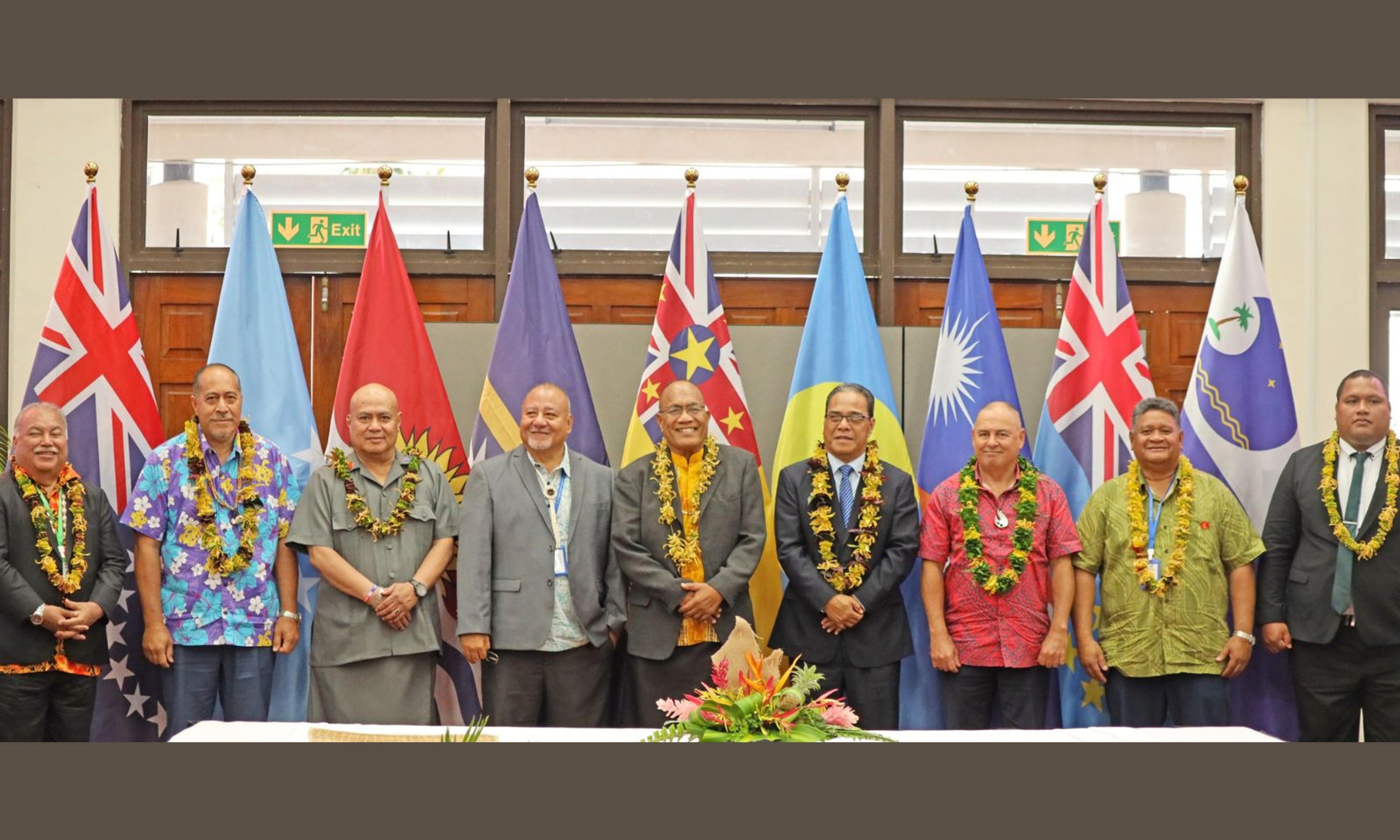

Laughing Sāmoans' Tofiga Fepulea'i and Eteuati Ete visited Tae Kami in her Tongan home.
Photo/Tae Kami Foundation
Programmes target care of Pacific children with cancer
Tongan mother Sina Kami set up WOWS Kids Fiji after she lost her daughter to cancer because she wanted to make a difference.


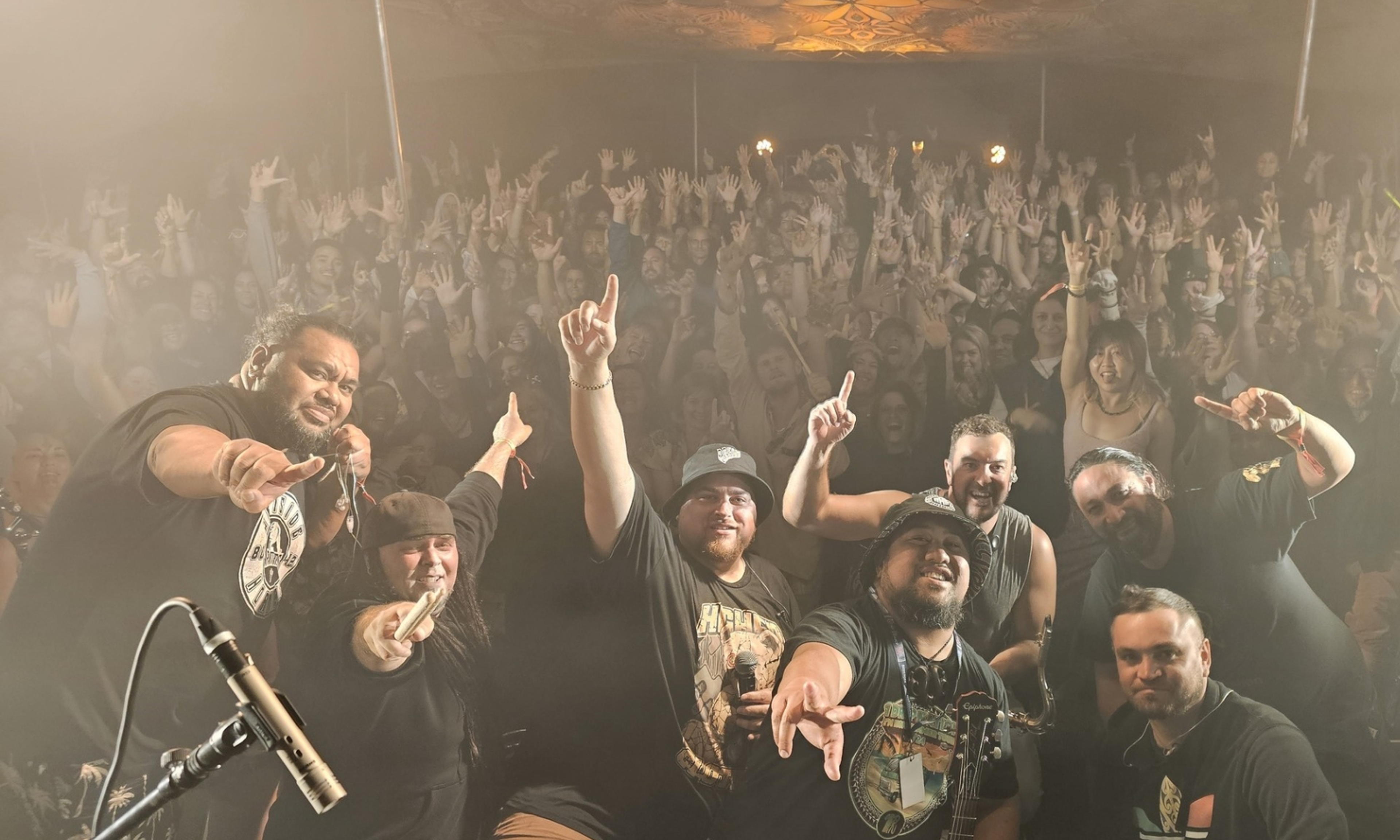
Ōtautahi's 1 Drop Nation celebrates brotherhood and legacy in new music
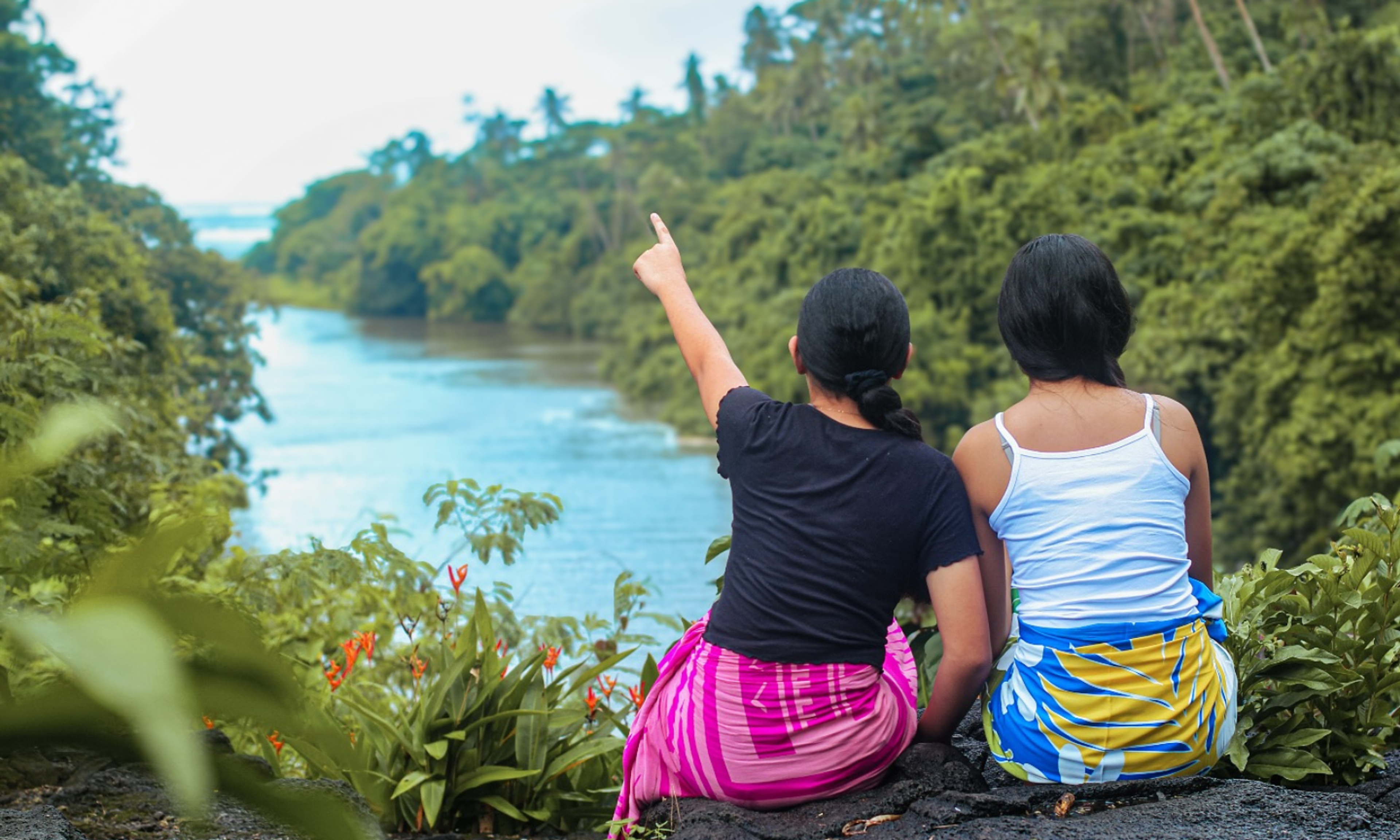
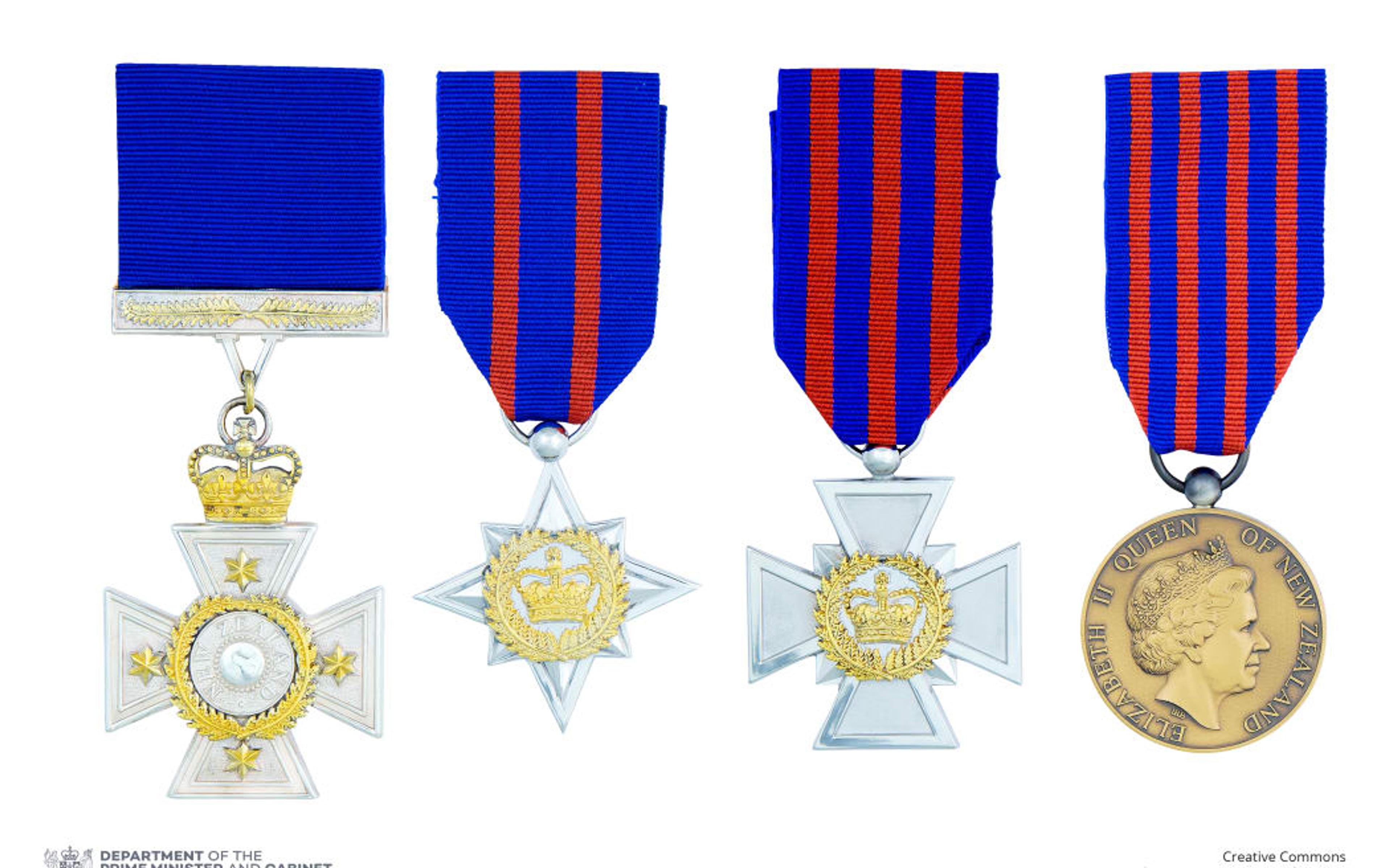


Pacific told to rethink ‘friends to all’ approach as region faces rising geopolitical pressure

Ōtautahi's 1 Drop Nation celebrates brotherhood and legacy in new music


When Sina Kami's daughter was diagnosed with a rare form of cancer, doctors gave her six months to live.
Kami says Tae fought on for four years before succumbing to the disease at the age of 15 years.
In 2009, the Tongan mother who lives in Suva, helped set up WOWS Kids Fiji - a non-profit charity foundation for children with cancer in the country.
Kami told Pacific Mornings' William Terite that the organisation also supports children from other Pacific island nations who come to Fiji for cancer treatment.
"Making sure they are picked up from home and dropped off at the hospital, and then give them whatever support they need.

The late Tae Kami and her parents. Photo/WOWS Kids Fiji
"We found out that there are kids in palliative care. So the support that we give to the kids is the same thing that we provide for the children who are currently going through treatment and the children who are in palliative care at home," Kami said.
The most common cancers in children are leukaemia and brain and spinal cord tumours. Childhood cancer is a major global health issue, Dr Jane Skeen, a paediatric oncologist at Starship Hospital in Auckland says.
In her report, Challenges for Cancer Care in the Pacific and How to Move Forward: The Pacific Child Cancer Project, Skeen says every year, almost 200,000 children are diagnosed with cancer and about 100,000 die from cancer before the age of 15 years, and more than 80 per cent of them live in resource-limited countries.
"Cancer in children and adolescents is rare and biologically very different from cancer in adults. It accounts for 1·4 per cent of all cancers worldwide where a child is diagnosed with cancer every two minutes."
There were 530 cases of childhood cancer in the Pacific with Papua New Guinea registering the highest number of 430 followed by Fiji, Solomon Islands, Vanuatu, Sāmoa, Tonga, Kiribati, Cook Islands, Tahiti, Tuvalu, Tokelau, and Niue, the report said.
WOWS Kids Fiji is aligned with the objectives of the Tae Kami Foundation, a registered charity in Tonga that was also established in 2009 in memory of the "very musical and spiritually inspiring girl".
Tae left behind a song Walk on Walk Strong and a list of dreams to improve the services and support systems for children with cancer in the Pacific.
The group's name, WOWS, is inspired by the lyrics and title of Tae’s song, as a testimony of her journey of faith in God, the love of family and friends that kept her going and gave hope to those facing difficulties including cancer.
Watch the late Tae Kami interviewed by Fijian journalist Stanley Simpson.
Tae also left behind a legacy that inspired the emergence of the WOWS movement.
Her mother told Terite the group aims to ensure children with cancer and their families receive the appropriate and timely support throughout their treatment including the next stages of their illness.
She said they also hoped the children would be cared for and provided for in a loving and compassionate environment by their families, communities, and related institutions.
"With our daughter, all of her treatment was done in New Zealand. When we were told that it was cancer, it went on for about four years. And when, when we were told that she only had six months to live and she had to go on palliative care, the understanding when you hear palliative care is that it's the end of any treatment given to our daughter.
"So we took her back home to Tonga. The palliative care that we had access to was provided by the medical team in Tonga. And I'm talking from, you know, parents who have friends and who have people in the ministry that we can call on and the support system was very strong.
"There are children out there who don't have that connection and that network of friends. So I can say that what we receive from Tonga, and I can say for the children who are here in Fiji, it's whatever resources that the medical team has, that's what they can provide to support our children who are in palliative care.
"During her time, we had access to morphine, the doctor provided that. Now, I can see that there's much need to focus on palliative care, especially when children are sent home and are staying inland, far away from the hospital. They really need our support on that."
In New Zealand, three children are diagnosed with cancer every week, the University of Otago, Ōtākou Whakaihu Waka, said.
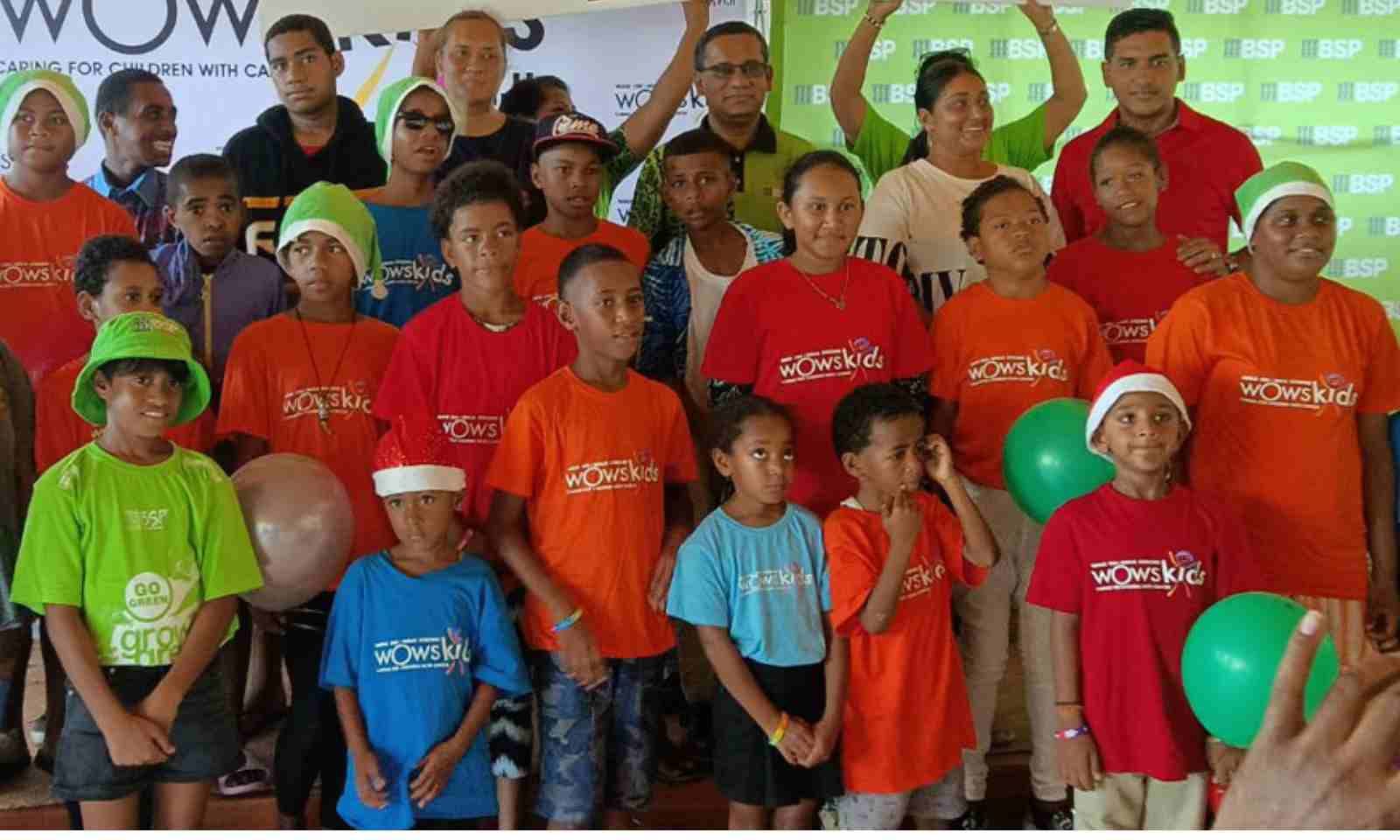
WOWS Kids Fiji aims to support children with cancer and their families. Photo/WOWS Kids Fiji
It said at any one time, around 320 children were receiving treatment in some form.
"Most children (over 80 per cent) successfully come through cancer treatment. Unfortunately, many may then endure significant long-term side effects from the treatment itself."
Paediatric Palliative Care Nursing Specialist Dr Gemama Aburn said her work involved ensuring the child was comfortable and could go about doing things that were important and fun such as going to school or kindergarten, helping families with difficult decisions and supporting the parents.
"Paediatric palliative care is the care of children with a serious illness or a life-threatening or life-limiting illness that includes non-cancer conditions and cancer conditions.
"Palliative care is about providing care and support to optimise comfort and quality of life and support these kids to get on with the living so that they can reach their full potential.
"Dying and end-of-life care is part of palliative care, but it is not all of it. And I think that's something that as a society, there's not a great understanding of the living part of palliative care.
"That includes things like good quality symptom management, pain management, management of other symptoms like breathlessness, seizures, providing support to that child and family and considering needs, not just of a physical nature, but spiritual, supporting mental and emotional wellbeing and supporting the family and social wellbeing around that child."
Aburn said they had launched a programme last week - Pacific Paediatric Palliative Care Education - which continued from some work that had been done in the Pacific in child cancer by Skeen over many years.

Photo/WOWS Kids Fiji
Aburn said the programme was in partnership with the Centre for Pacific and Global Health run by Sir Dr Collin Tukuitonga at the University of Auckland.
"We in the School of Nursing decided that it was really important we support our Pacific neighbours to develop paediatric palliative care in the islands.
"The first part of this programme was designed to support knowledge and skill development for clinicians working across the Pacific but also to have a conversation about how we work together.
"How do we learn from each other? I think there are things in the Pacific we can learn from in New Zealand as well. And how can we mentor and support our colleagues to develop this near our home countries?
Kami said her daughter travelled several times back and forth to New Zealand for medical reviews, treatments, and professional advice, and during this time, she noticed the differences in facilities, services, and support that Tae had received in Aotearoa compared to Tonga.
Sina Kami said she yearned for children like her daughter journeying through cancer to experience the same facilities, services, and support as Tae did.
Tae’s dying wish for her parents was to set up a Resource Centre Fund to support children with cancer and a Pediatric Oncology Hospital for children with cancer in the Pacific.
WOWS’ mission and vision stem from Tae’s final wishes to her parents.
While Children's Cancer Awareness Month is marked in Fiji in August, it is observed in Aotearoa in September.
Watch the full interview by Dr Gemma Aburn and Sina Kami on Pacific Mornings.